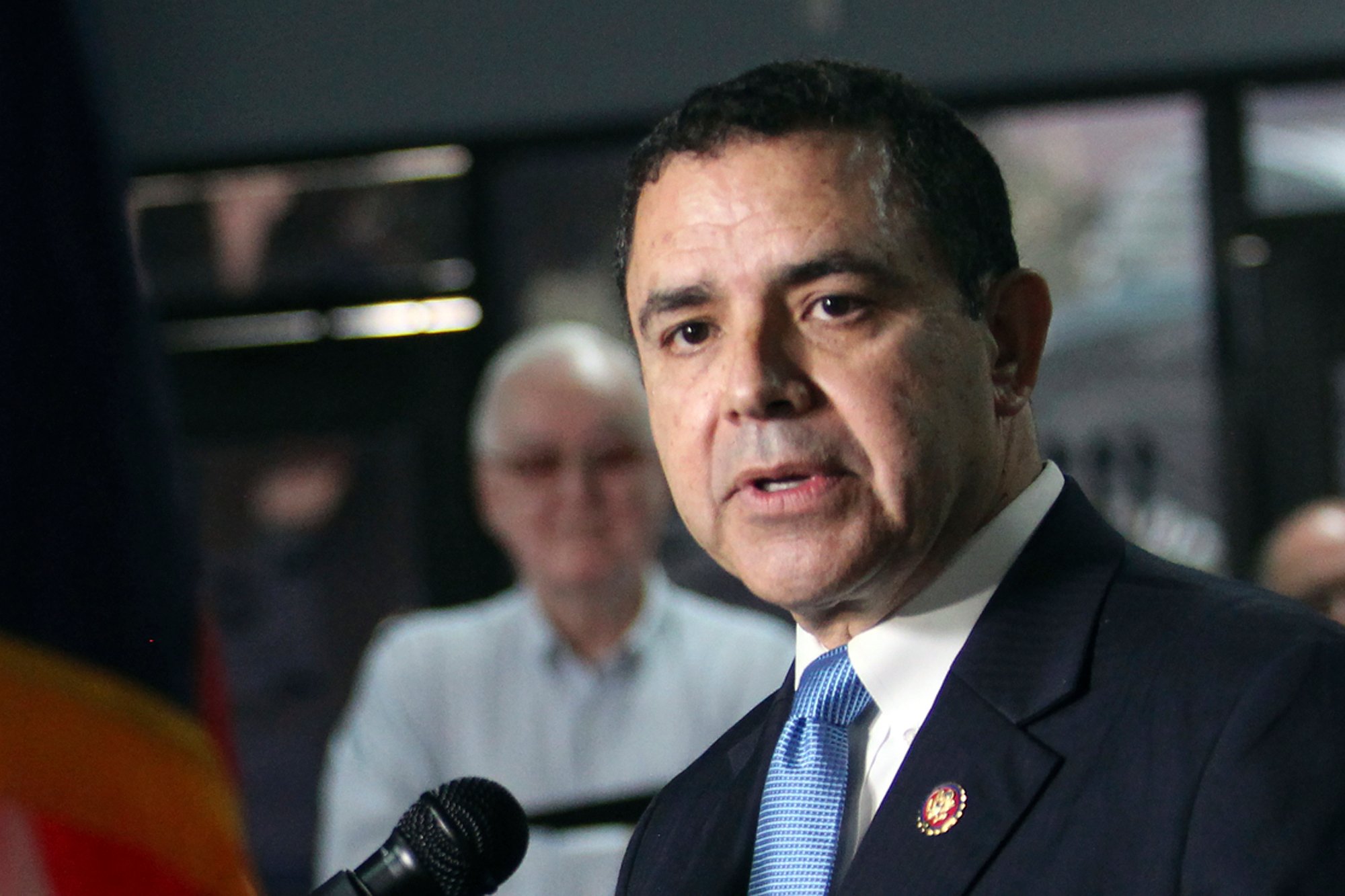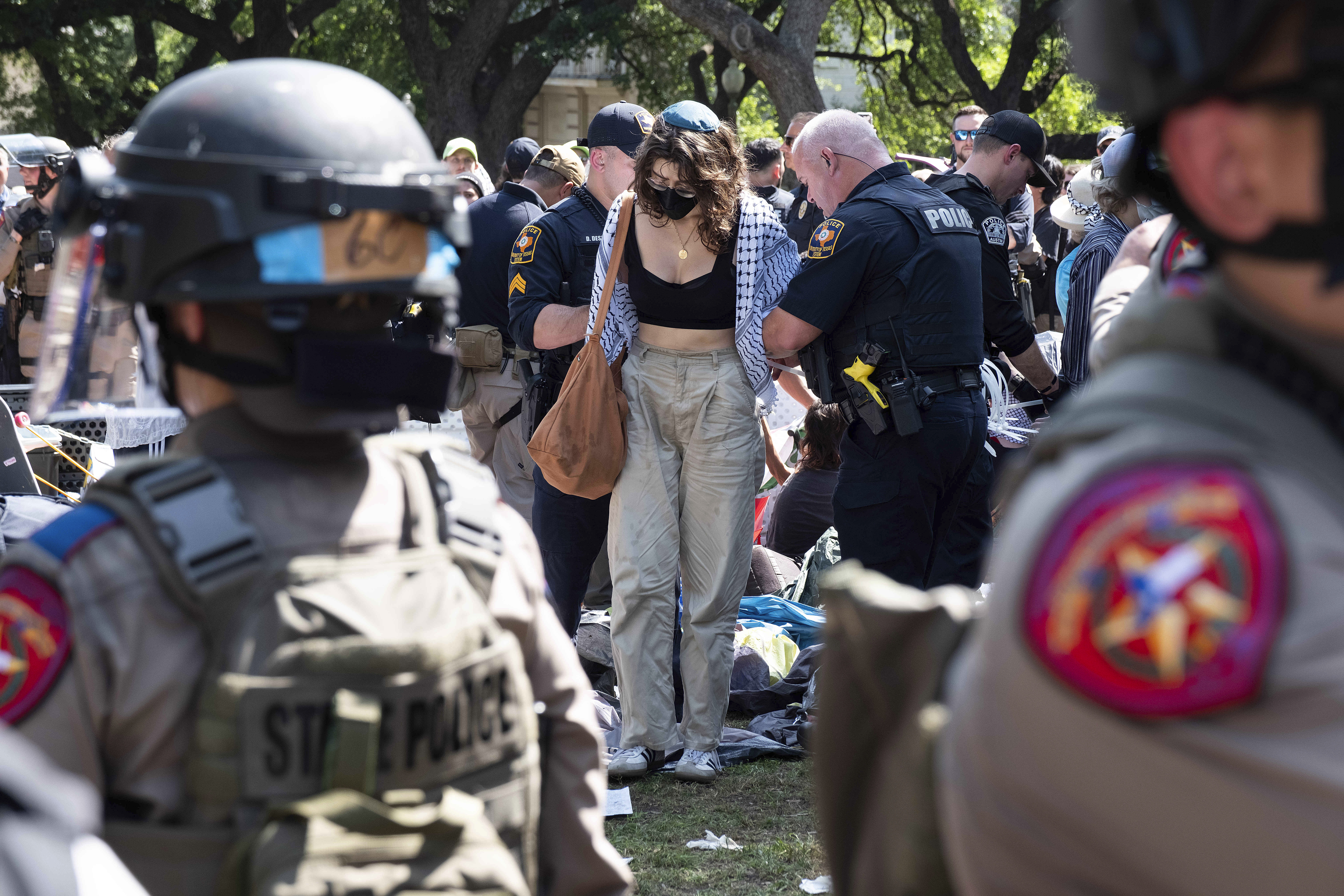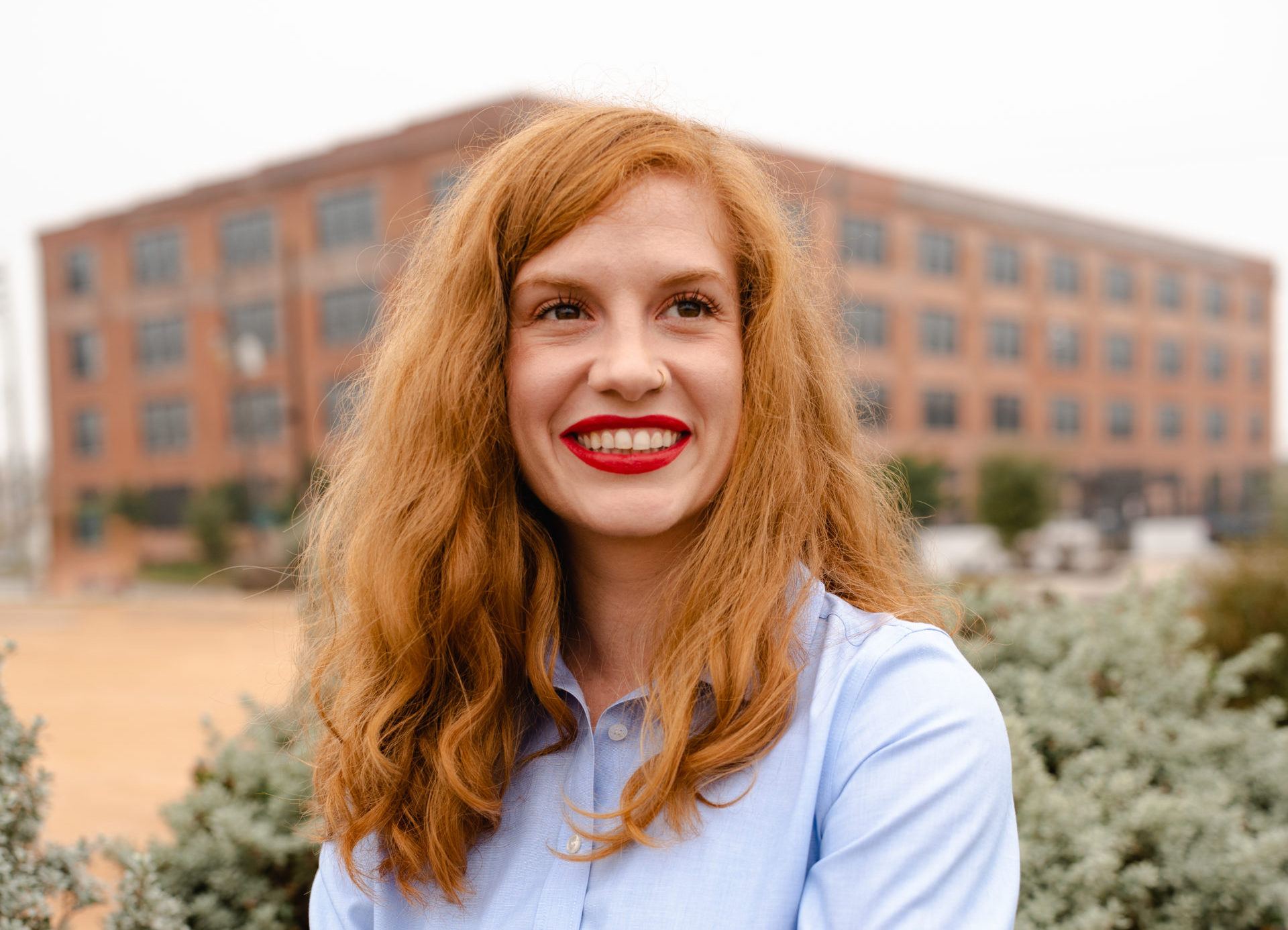ustxtxb_obs_1991_04_05_50_00031-00000_000.pdf
Page 13
for him to come back for the funeral. Since it was only a matter of weeks before the end of his tour, the Army decided that it was a waste to return him to Vietnam. Daddy was stationed in Pleiku, and when I got older I read somewhere that this place was overrun. I think it was that summer that would have been the last months of my father’s tour. The Army flew Daddy to South Carolina for the funeral, and then back to Texas. I was happy that he was coming home, but I was too simple-minded to realize my good fortune, too damn dumb to fall to my knees and pray a good earnest prayer. I had seen movies about World War II, and old newsreel footage of soldiers returning from it, and I kind of expected that Daddy would come riding down the main drag in a big open car with crowds on the sides of the street and confetti and marching bands. But of course not. That’s what they do when a war is over, or when a GI is a big hero. Vietnam wasn’t over for everyone, just for us,. And probably no one else thought a middle-aged supply sergeant was a hero but me. So what happened instead was that Mother and I drove over to a dinky airport in Temple or Belton or some damn place, and waited in the hot still night. I was bored and it was past my bedtime. Something went wrong with flight connections and my father didn’t show up. I was pretty drowsy by then, and all I remember is the drive back to Killeen with the windows down and the cool breeze making me feel clammy. I guess I was disappointed. their daddies. I’m sure he was glad to get them, but they weren’t really informative. He left behind a just-turned-10 little girl whose mother took her everywhere. He had to catch up. It seemed to me that he was painfully slow about it. It reminded me of a book I had just read, A Wrinkle in Time, by Madeleine L’Engle. Alien creatures, Mrs. Whosis and Mrs. Whatsis, traveled through time and space by bringing the fabric of time together, like having a breadth of cloth and folding it so that the two edges are adjacent. You don’t exactly travel there, you just are there. That happened to Daddy. It happened to my uncle too, I guess. He served two tours in Vietnam. One of his three kids was born while he was overseas. OW I’M A parent, and I know that sometimes my kids say they’re up for something, but I require a bit more documentation, a bit of proof. But I wonder how I would react to them if I went away for a long time and when I came back they were driving, dating, doing big-kid stuff. It’s no shock if you’ve been around to see your kids taking the steps toward more independence \(well okay, it’s a denly more grown up must be a facer. I watched Daddy after he came home. It seemed to me that everything I wanted to do, everything I wanted to get into, my Daddy felt like I was in too big of a hurry, like I was growing up too fast. That’s a pretty common complaint in the realm of parent-child relations, I guess, but his absence during a critical year in my development exacerbated it. I think maybe he wanted to come back to exactly what he’d left, that he wanted it to be the same, like that year never happened. Some of these kids today, their mother or father has been away for nearly half a year. There are some changes and even if the parents have heard about them, they haven’t seen them with their own eyes. I know these kids will be glad to have their parents back and safe. I’m glad that there have been support groups to help these kids deal with their parents’ absence. I hope that they will also help them deal with their parents’ presence with more patience and understanding than I had. My Daddy soon fell into the groove because he is a patient and understanding man. He still calls me “Little One.” Write Dialogue The Texas Observer 307 W. 7th St. Austin, TX 78701 Dialogue Continued from page 2 massacre which ensued, who is to say that toppling Iraq’s brutal, illegal occupation, with its well-documented tortures on a scale unknown since the Holocaust, was not worth the cost? The fact is, a formidable foe was beaten handily with a brilliant strategy which worked to perfection. At least one offshoot is now the most propitious moment of the post-war era to galvanize moderate Arabs and Palestinians under different leadership \(sans a confirmed believer in liberalism’s aversion to the corporatization of America, I have found the Observer to be a source of insightful analysis. However, liberalism trips badly when it attempts to apply a hackneyed dogma to every situation, and becomes as intellectually bankrupt as most unknowing conservatives. Stuart C. McKennon Round Rock Henson responds: I am surprised to find a self-avowed liberal who thinks President Bush perpetrated this war to defend Kuwaiti human rights. The “bankruptcy” of liberal thought, it seems to me, is most exemplified by the refusal of liberals to incorporate economic analysis into their thinking. This war was about of and markets! to deny that fundamental fact borders on the absurd. If Kuwait’s chief export were broccoli, President Bush wouldn’t have blinked at Saddam’ s invasion. If human rights were the primary issue, Bush would overthrow the death-squad government in El Salvador, which bears responsibility for nearly 80,000 civilian deaths in the last decade. Human rights violations by Iraq in Kuwait never approached those in El Salvador, much less Nazi Germany, as Mr. McKennon implies. In fact, Iraqi atrocities in Kuwait were much more comparable to U.S. military abuses in Panama, where as many as 4,000 people were killed or wounded, according to a “60 Minutes” report last fall. By contrast, between 50,000 and 300,000 Iraqis died in the month-long American blitzkrieg. Just as offensive is McKennon’ s opportunism in declaring the war a chance to implement an “Israeli peace proposal,” which he hopes will occur “sans Arafat.” I would remind Mr. McKennon that the Palestine Liberation Organization is recognized as the sole legitimate representative of the Palestinian people by the same United Nations that approved Bush’s war. To support selfdetermination for all people, as mandated in the U.N. charter, we must recognize the P.L.O. and insist that it be included in any Middle East peace plan. I , THINK DADDY made it home in the wee hours. I remember waking up and seeing a strange looking Daddy, in khaki pants and an olive drab t-shirt. He was taller than I remembered, and this was odd because I had grown and expected him to look smaller. His voice was a delight. He called me “Little One,” and I happily anticipated his particular mannerisms and figures of speech. He slept on the fold-out couch that night. I guess Mother did too; I was pretty sleepy. Mother and I had been sharing a bedroom with twin beds while Daddy was gone. There were a couple of weeks before Daddy had to take up his new assignment, so he was around the house. And he was different. He didn’t have screaming nightmares or the shakes or crying jags or any histrionic stuff like that. He just didn’t seem to know anything about me. I thought it was his problem. He didn’t know that I was allowed to roam the neighborhood pretty much at will, he . didn’t know that I was accustomed to go off . on my bike for hours at a time, he didn’t know who I played with and where we played, he didn’t know that I had been going to the Mickey’s Mart on errands by myself for the better part of a year. Well of course he didn’t know all that. I mean, I had been writing him those pathetic little letters that all little kids scrawl out to THE TEXAS OBSERVER 31


